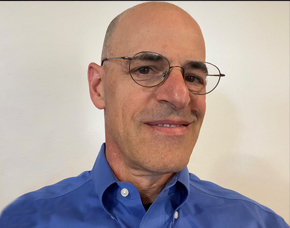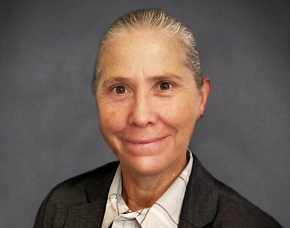Empowering clinics to collect and share data.
The industry is in desperate need of a national, high-quality cancer database with enough scientific detail to advance new therapies. Taproot Health is making it a reality.
Our network is built by oncologists for oncologists and their patients. Community and academic centers are motivated to work together. Physician time is protected by using simplified data collection methods that seamlessly integrate with clinic workflows. Scientists have access to de-identified data for research and clinical studies and trials. Clinics share in revenue when the data they collect is licensed to others to advance personalized medicine.
“We want to be part of a national effort to advance cancer research, and a transparent, shared revenue model allows us to do the research that is crucial to advance oncology. Taproot’s model is uniquely positioned to fulfill this need.”
Databases are only as good as the underlying data.
We collect regulatory-grade, real-world patient data from community clinics, academic centers, and cancer patients across the nation–complete with detailed molecular, treatment, and outcome data, providing a complete picture of care.
The National Oncology Trial and database, also known as ROOT, is populated through a novel and proprietary data collection method known as the Master Observational Trial or MOT. The data from ROOT will be available in a transparent, patient- and clinic-centric marketplace to benefit all stakeholders in cancer care.
- Multi-stakeholder prospective clinical data protocol
- AHRQ/Medicare compliant patient registry design
- Standardized, consensus-driven data elements and data dictionary
- Remote patient e-consent, e-enrollment
- Clinic training and certification
- Detailed file types
- Transparency
- HIPAA compliant security
- Healthcare information technology standards panel (HITSP)
- Data analytics and reporting
“Current Methods of real-world data collection do not provide the level of detail or the infrastructure needed to translate precision testing into personalized treatment.”
A high-quality research platform with revenue-sharing.
- Full data transparency. Our unique, blockchain-like technology framework will allow researchers to see exactly how data is being used—by whom and for what purpose.
- Scientific overlay. Our technology framework has been designed with a scientific overlay, allowing users to drill down into specific scientific, biologic, and molecular details.
- Standardized data elements. Allowing higher quality research with native datasets.
- Revenue Sharing Enables Research. When collected data is licensed by companies, manufacturers, labs, and researchers and other organizations who need longitudinal data for studies. Participating institutions share in the proceeds from revenue based on the quality and quantity of data reported, allowing them to continue to provide data for this important research effort.
- Data contributors are treated like partners. Participating institutions will be allowed access to sets of de-identified data from their own clinic and other populations.
“Precision oncology is stunted when critical patient data is not broadly shared. ROOT will serve as the foundational effort to collect and share the standardized and quality data needed to rapidly advance precision oncology.”







